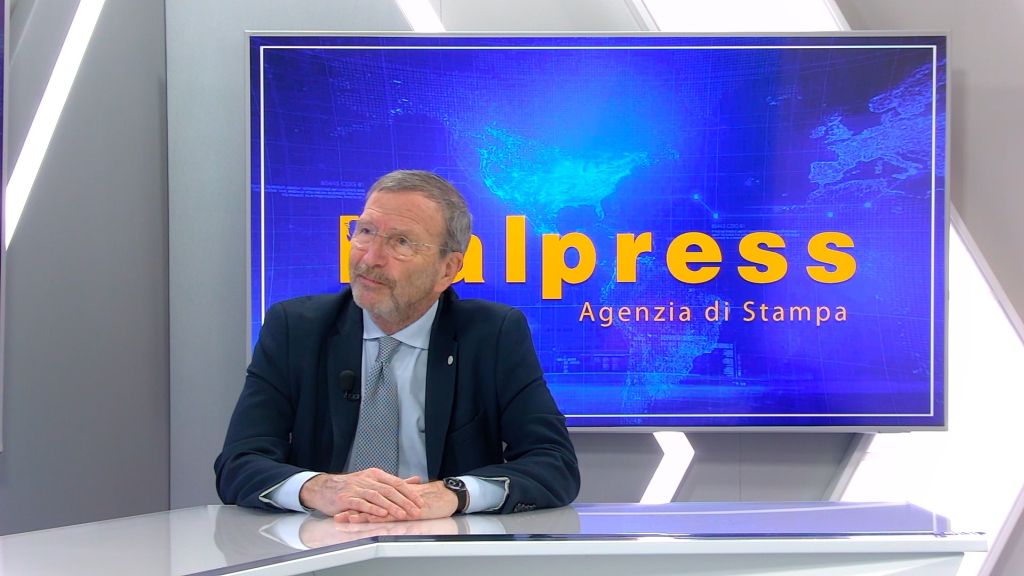MILAN (ITALPRESS) – Increasingly involving parents in neonatal intensive care, having a blueprint for equality in neonatal care throughout the Peninsula, continuity of care after hospital discharge and supporting breast milk for premature babies. These are the main goals that Massimo Agosti, president-elect of the Italian Society of Neonatology, intends to focus on during his term. Interviewed by Italpress News Agency, Agosti wanted to take stock of the situation on preterm births in Italy and around the world. “We just celebrated World Prematurity Day on November 17, as we have every year since 2008. On this day we want to remember that prematurity is a condition that can happen to everyone. There are 13 million premature babies a year worldwide, 25 thousand in Italy. This is a more than remarkable number and one that presents a more fragile condition because the premature infant, depending on how premature they are born, can be more fragile and also need intensive care. We have departments that are called neonatal intensive care units. There have been so many improvements over the past decades in this branch of medicine that was born more than 60 years ago,” he commented. “At this time, when we have achieved great things with great technological, scientific and therapeutic efforts, what we focus on the most is the humanistic part. That is, we have to have the involvement of parents. Parents in the NICU next to their children make a difference, they become not visitors, but therapeutic allies.” President-elect Agosti wanted to emphasize the importance of having parity of care in neonatology throughout Italy as well. “We have very good results in terms of premature births, as in Italy 96% of babies born before term survive, but this is an average. It is not reached equally in all regions and all places. We have to make more efforts to have more qualified staff, medical and nursing, so we make ourselves available as a scientific society, as a partner with regions and institutions, to reach this level because we have to rationalize perinatal care. We must not have centers that are too small because there the clinical aptitude can decrease, but we must support maybe those very disadvantaged places where it is not possible to go to large centers that are too far away to give birth. We need to plan and rationalize perinatal care to get to the point of giving the same dignity of birth for all babies born in Italy.” Finally, Agosti stresses the importance of breast milk and continuity for the care of premature babies: “It is very important, as is donated human bank milk, the result of the generosity of those mothers who have a little more, to help those who do not have enough. Last but not least, I want to mention the continuity of care, that is, the importance of following these children who are more fragile than others even after they are discharged from the hospital, through a continuity of care with pediatricians in the territory.”(ITALPRESS).
Photo: Italpress

